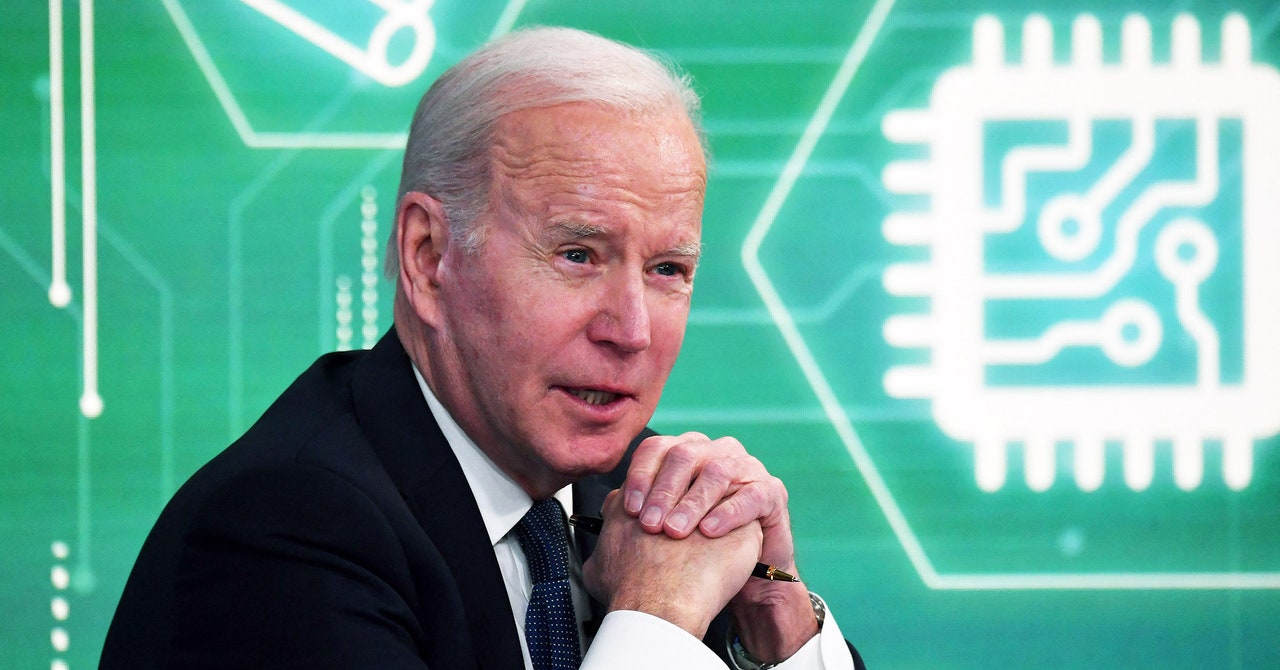The Federal Reserve says it has not yet decided whether it will pursue a digital currency, but notes that a CBDC “could provide households and businesses with a convenient, electronic form of central bank money, with the security and liquidity that it would bring.” to take; provide entrepreneurs with a platform to create new financial products and services; support faster and cheaper payments (including cross-border payments); and expanding consumer access to the financial system.”
“The Federal Reserve does not intend to proceed with the issuance of a CBDC without clear support from the executive branch and Congress, ideally in the form of a specific enabling bill,” the Federal Reserve also says.
A US CBDC would not replace cash or paper money. “The Federal Reserve is committed to ensuring the continued security and availability of cash and is considering a CBDC as a means of expanding secure payment options, not reducing or replacing them,” the Federal Reserve said.
Senior officials in the Biden administration told reporters that “the implications of potentially spending a digital dollar are profound.” But those officials added that they intend to “maintain the dollar’s central place in global financial markets and in the global economy.”
Digital currency can be a tool for surveillance
Digital currencies issued by a central bank can be used as a tool for government oversight of citizens and control over their financial transactions. This has been a concern with China’s digital currency, which is in the early stages of its rollout. As Akram Keram, a China expert at the National Endowment for Democracy, wrote last year: “With the digital yuan, the CCP wants to [Chinese Communist Party] direct control over and access to individuals’ financial lives, without the need to forcefully weaponize intermediate financial entities. In a society consumed by digital yuan, the government could easily suspend the digital wallets of dissidents and human rights activists.”
The Federal Reserve said any US-issued digital currency “must strike an appropriate balance between protecting consumer privacy rights and providing the transparency necessary to deter criminal activity.” That could be achieved with an intermediary model in which “the private sector would offer accounts or digital wallets to facilitate the management of CBDC assets and payments,” it said.[ing] using the private sector’s existing privacy and identity management frameworks,” according to the Federal Reserve.
The Federal Reserve provided more information about a potential digital currency in a report released in January 2022.
Biden seeks analysis
The report ordered by Biden is to be prepared by the Secretary of the Treasury, in consultation with the Secretary of State, the Attorney General, the Secretary of Commerce, the Secretary of Homeland Security, the Director of the Office of Management and Budget and the Director of the national intelligence.
The report is supposed to analyze the potential implications of a digital currency for economic growth, stability and “financial inclusion”; the relationship between a US-issued digital currency and digital assets managed by the private sector; “the future of sovereign and privately produced money worldwide and implications for our financial system and our democracy”; “the extent to which foreign CBDCs could displace existing currencies and change the payment system in ways that could undermine the financial centrality of the United States”; potential implications for national security, financial crime and human rights; and the effects foreign CBDCs can have on US interests in general.
The executive order encourages the Federal Reserve to “assess the optimal shape of a CBDC in the United States” and develop a strategic plan “evaluating the necessary steps and requirements for the potential implementation and launch of a CBDC in the United States. ” Biden also wants the Federal Reserve to evaluate how a CBDC could “strengthen or hinder the ability of monetary policy to function effectively as a critical macroeconomic stabilization tool.” Biden further asked federal agencies to assess whether Congress would need to pass legislative changes before the US can issue a digital currency.
This story originally appeared on Ars Technica†
More great WIRED stories

